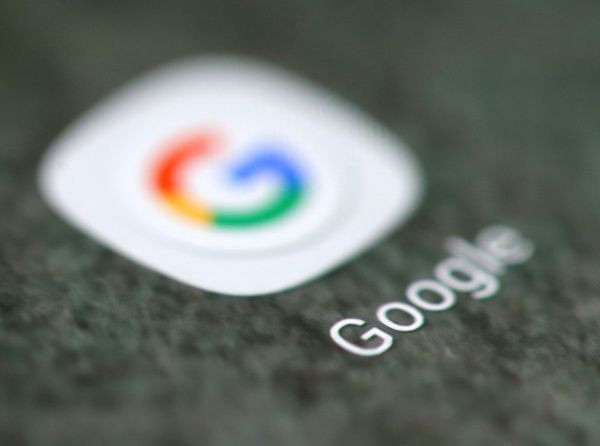Like Apple, Google To Focus On 64-Bit Apps

Google is the latest tech company to focus on 64-bit apps and devices but, unlike Apple, it will continue to support its older, 32-bit apps and devices. Starting in August 2019, Play will require new apps and app updates to include 64-bit versions, Google said.
On Tuesday, Android product manager Edward Cunningham took to the Android Developers Blog to give app developers a heads-up on what’s to come to the Google Play Store. According to him, in an effort to ensure security and enhance the performance of the Android platform, Google is looking to implement changes that are designed to promote a positive experience to users who like discovering and installing apps and games from the Play Store.
The goal here is to push developers to embrace 64-bit architecture since future Android devices. At present, more than 40 percent of Android devices support 64-bit code and are still compatible with 32-bit apps.
“In anticipation of future Android devices that support 64-bit code only, the Play Console will require that new apps and app updates are able to run on devices without 32-bit support. Apps that include a 32-bit library will need to have a 64-bit alternative – either within the same APK or as one of the multiple APKs published. Apps that do not include native code are unaffected,” Cunningham stated.
In light of this matter, Google has published a timeline for the changes that will take place next year:
- Google is requiring developers to target a recent Android API level for their apps that will become available in the second half of 2018. It is required for new apps launching in August 2018 and beyond to target AP level 26 (Android 8.0) or higher. Existing apps are also required to adopt the same API level by November 2018.
- Starting August 2019, Google Play will require developers to ensure that their new apps and app updates have 64-bit versions on top of 32-bit versions.
- To further verify app authenticity, Google Play will add a small amount of security metadata on top of each APK. Google will be the one to do this, so developers do not need to do anything to implement this change.
Google is now hopeful that with the implementation of the upcoming changes, the Android and Play ecosystem will continue to thrive in 2018 and the years to come.
Prior to Google's decision to focus on 64-bit apps, Apple took matters to its hands to eliminate support for dated 32-bit iOS apps. In fact, the Cupertino giant kept its word by dropping support for 32-bit apps with the launch of iOS 11. The iPhone X maker carefully planned for this move since introducing a 64-bit processor with the iPhone 5s four years ago.
Correction: A previous version of this article said Google would no longer support existing 32-bit apps. A spokesperson told IBT 32-bit apps and devices will still be supported .Google also updated its initial blog post to say 32-bit support is not going away
© Copyright IBTimes 2024. All rights reserved.




















